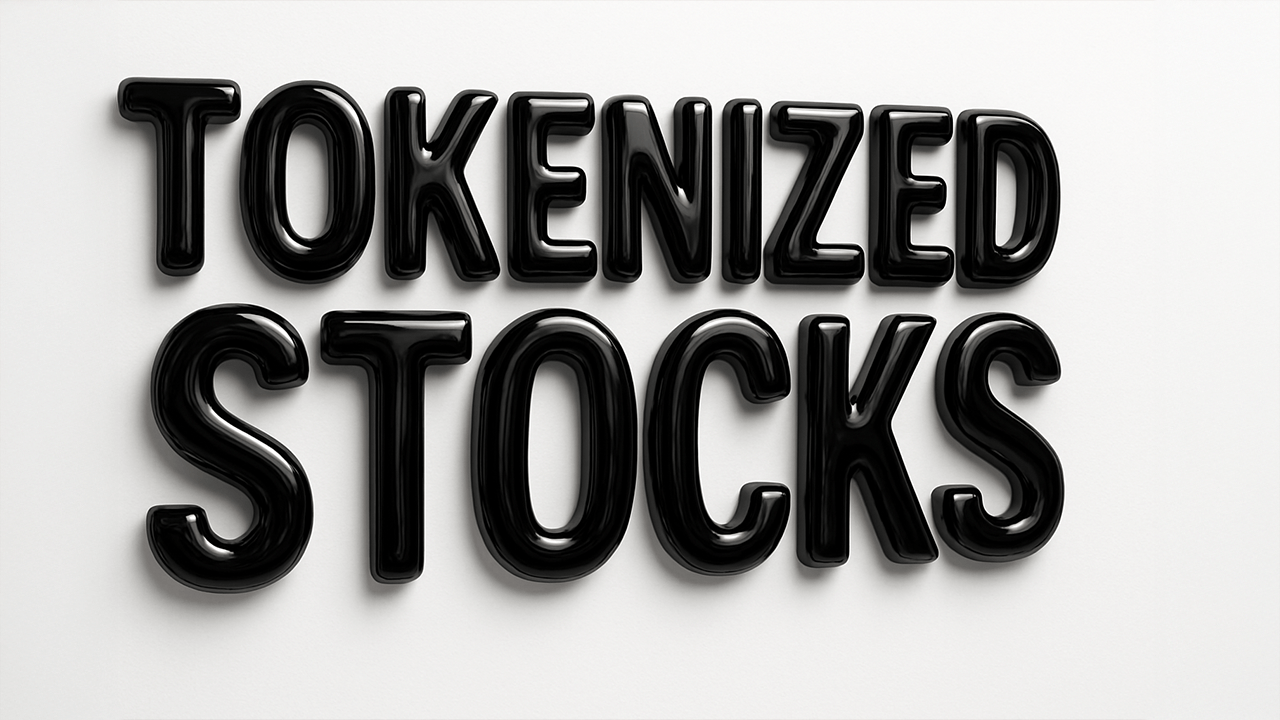Tokenized equities are emerging as a transformative force in the financial landscape, promising to democratize investment, enhance liquidity, and streamline capital markets. By representing traditional stock shares as digital tokens on blockchain networks, tokenized equities eliminate intermediaries, reduce costs, and enable fractional ownership. This innovation addresses long-standing inefficiencies in the traditional financial system, offering a more inclusive and efficient alternative. However, the path to widespread adoption is fraught with challenges, including regulatory uncertainty, infrastructure gaps, and security concerns. Navigating these hurdles will be crucial to realizing the full potential of tokenized equities.
The Promise of Tokenized Equities
Tokenized equities offer several compelling advantages over traditional stock ownership. Fractional ownership allows investors to purchase small portions of high-value stocks, making premium assets like Tesla or Apple accessible to a broader audience. This democratization of investment lowers the barrier to entry, enabling individuals with limited capital to build diversified portfolios. Additionally, tokenized equities can be traded 24/7 on a global scale, significantly enhancing liquidity compared to traditional markets, which operate within specific hours and are subject to settlement delays. The blockchain’s immutable ledger provides transparency, reducing the risk of fraud and increasing investor confidence. By eliminating intermediaries, tokenization also reduces trading fees and other transaction costs, making investing more affordable.
Regulatory Challenges and Compliance Risks
Despite the promise of tokenized equities, regulatory uncertainty remains a significant hurdle. The legal status of these digital assets is unclear in many jurisdictions, creating compliance risks for companies entering the space. The Securities and Exchange Commission (SEC) has adopted a cautious approach, focusing on protecting investors and ensuring market integrity. While the SEC acknowledges the potential of tokenized assets, it is primarily concerned with tokenized stocks, considering them the “lowest-hanging fruit” within the broader real-world asset tokenization landscape. The lack of clear regulations can discourage innovation and investment, as companies must navigate a complex and evolving legal environment. Compliance with securities laws, KYC (Know Your Customer), and AML (Anti-Money Laundering) requirements is essential to prevent illicit activities and ensure market stability.
Infrastructure Gaps and Scalability Issues
The tokenized equity market also faces significant infrastructure challenges. Blockchain networks, particularly those like Ethereum, can face scalability issues as the number of transactions increases. Network congestion can lead to slower processing times and higher fees, hindering the seamless trading experience that tokenized equities aim to provide. Custody solutions are another critical aspect of the infrastructure. Investors need secure and reliable ways to store and manage their digital assets. While several custody solutions are emerging, the market is still evolving, and there is a need for more robust and secure options. Additionally, the lack of interoperability between different platforms and protocols fragments the market, limiting liquidity and making it difficult to transfer tokens between platforms.
Security Concerns and Smart Contract Risks
Security is paramount in the world of digital assets, and tokenized equities are no exception. Smart contracts, which are self-executing pieces of code that reside on the blockchain, are typically used to implement tokenized equities. If these smart contracts contain vulnerabilities, they can be exploited by hackers, leading to the loss of funds. Cybersecurity threats, such as phishing attacks, malware, and exchange hacks, also pose risks to the platforms and wallets used to trade and store tokenized equities. Regulatory bodies are increasingly scrutinizing the security practices of companies operating in the tokenized equity space. Compliance with regulations such as KYC and AML is essential to prevent illicit activities and ensure market stability. As the market matures, robust security measures and regulatory frameworks will be crucial to protecting investors and maintaining trust in tokenized equities.
The Future of Tokenized Equities
Despite the challenges, the future of tokenized equities looks promising. As regulations become clearer, infrastructure matures, and security improves, these digital assets have the potential to revolutionize the financial industry. Tokenized equities will empower individuals by providing them with access to investment opportunities that were previously out of reach. Fractional ownership will allow people to build diversified portfolios with smaller amounts of capital, increasing financial inclusion and wealth creation. The 24/7 trading and faster settlement times of tokenized equities will significantly enhance liquidity in the market, leading to more efficient price discovery and reduced volatility. This will benefit both investors and companies, fostering a more dynamic and efficient capital market.
Tokenized equities represent a significant step towards a more democratic, efficient, and transparent financial system. While the path to widespread adoption is not without its hurdles, the potential benefits are too compelling to ignore. As technology evolves, regulations clarify, and infrastructure matures, tokenized equities are poised to reshape the future of finance, empowering individuals, enhancing liquidity, and transforming capital markets for the better. The race is on, and while there are hurdles to overcome, the promise of a more accessible and efficient financial future makes it a race worth running.





